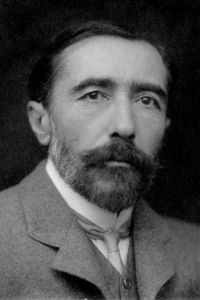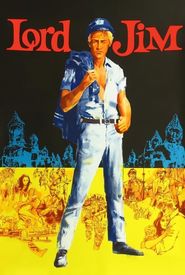Joseph Conrad was born in Berdichev, a city located within the Kiev Province, which is now part of the Ukraine, to Polish parents Apollo Korzeniowski and Ewa Bobrowska. His father, Apollo, was a passionate and dedicated political activist, and his involvement in revolutionary activities ultimately led to the exile of his family from their homeland.
As a result, Conrad had a rather solitary childhood, lacking close friends and rarely engaging in social interactions with his peers. His mother, Ewa, had always struggled with poor health, and unfortunately, she succumbed to tuberculosis in 1865, leaving Conrad and his father to face the challenges of their new life in exile.
In an effort to provide his son with a stable and secure future, Conrad's father sent him to live with his uncle in France, where he could pursue his education and develop his interests. Tragedy struck again when Conrad's father, Apollo, passed away in 1869, also due to complications from tuberculosis.
Conrad's early life was marked by loss and hardship, but he eventually found his calling as an officer on British ships. Over the course of two decades, he spent time on various vessels, gaining valuable experience and exposure to different cultures.
It was during one of his voyages to the Congo in 1890 that Conrad was inspired to write his iconic novel, "Heart of Darkness". This experience had a profound impact on his life and work, shaping his perspectives on colonialism, imperialism, and the human condition.
In 1894, Conrad published his first novel, marking the beginning of his career as a writer. Two years later, in 1896, he married Jessie George, an on-again, off-again girlfriend who would remain a significant presence in his life.
Despite his success as a writer, Conrad remained somewhat isolated and introverted, preferring the company of fellow authors such as Stephen Crane and Henry James. He continued to write prolifically throughout his life, producing works that are still widely read and studied today.
Tragically, Conrad's life was cut short when he suffered a heart attack in 1924, leaving behind a legacy of remarkable literature and a profound impact on the world of literature.





































